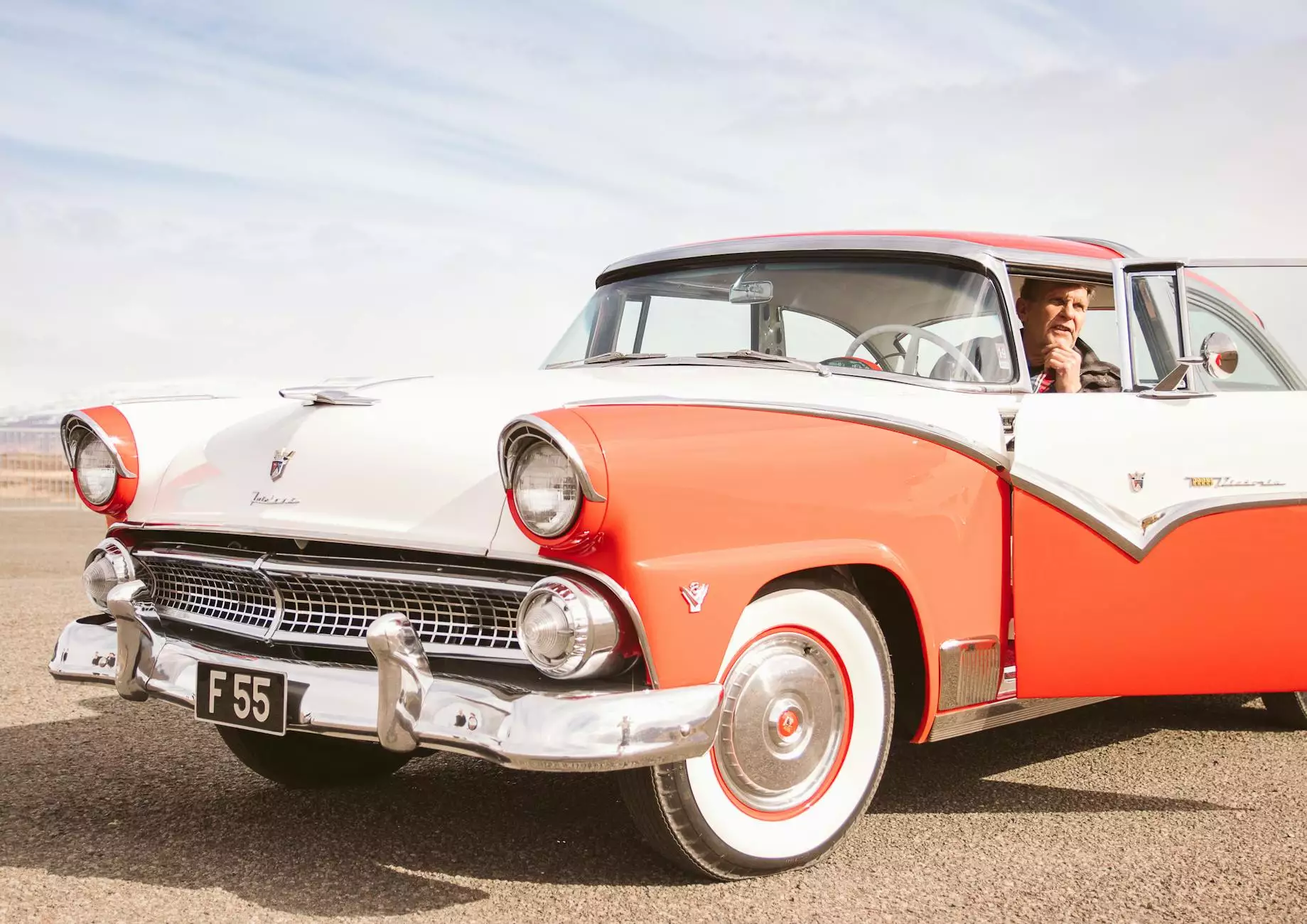The Ultimate Guide to Buying Dive Equipment

Diving is not just a hobby; it's a passion that immerses you in the breathtaking beauty of the underwater world. As you embark on your diving adventures, having the right equipment is crucial for both safety and enjoyment. In this comprehensive guide, we will delve into the nuances of buying dive equipment, offering you invaluable insights that will ensure you make informed decisions.
Understanding the Basics of Dive Gear
The first step in your journey to acquire the perfect dive equipment is understanding the essential items that make up a diver’s toolkit. Each piece of equipment serves a specific purpose, which is vital for a safe and enjoyable diving experience. Here are the key components of diving gear:
- Diving Mask: This allows you to see clearly underwater.
- Snorkel: A tool for breathing at the surface while keeping your face submerged.
- Fins: These enhance your propulsion underwater.
- Diving Suit: Protects you from cold water and marine life. Choices include wetsuits and drysuits.
- BCD (Buoyancy Control Device): Essential for controlling your buoyancy.
- Regulator: The device that delivers air from your tank to you.
- Dive Computer: Monitors your depth and time underwater to prevent decompression sickness.
- Tank: A high-pressure container that holds your air supply.
Evaluating Your Personal Diving Needs
When buying dive equipment, it’s crucial to evaluate your personal needs and diving goals. Consider the following factors:
Type of Diving
Are you diving in tropical coral reefs, cold waters, or within caves? Each environment requires different types of gear:
- Tropical Diving: A lightweight wetsuit and minimalist gear may suffice.
- Cold Water Diving: A thicker wetsuit or a drysuit is essential.
- Technical Diving: You may require specialized equipment like multiple tanks and advanced regulators.
Experience Level
Your experience level will influence your equipment choices. Beginners might consider basic, user-friendly gear, while experienced divers may prefer high-performance options.
Researching Dive Equipment Brands
Before making a purchase, conduct thorough research on various dive equipment brands. Some of the most reputable brands in the industry include:
- Scubapro: Known for their innovative technology and high-quality standards.
- Aqualung: Offers a range of scuba gear suitable for beginners and pros alike.
- Mares: Renowned for their cutting-edge designs and comfort.
- Cressi: An Italian brand with a long-standing reputation for reliability and affordability.
Where to Buy Your Dive Gear
You have several options when it comes to purchasing dive equipment. Consider the following avenues:
Dive Shops
Local dive shops provide a hands-on experience where you can try on gear, receive expert advice, and often purchase warranty options. They may also offer rental services for when you travel.
Online Retailers
Online shopping allows for more competitive pricing and a wider selection. Websites like infinitydive.com offer not only a vast array of products but also informative blogs and resources to aid your decision-making.
Second-Hand Gear
While it can be tempting to buy used equipment for savings, ensure you carefully inspect the gear for any damages or past maintenance. Always prioritize safety.
Key Considerations When Buying Dive Equipment
When you finally decide to make a purchase, keep the following tips in mind:
Fit and Comfort
The fit of the gear is crucial for both comfort and functionality. Always try on diving suits, masks, and fins if possible, to guarantee a snug fit. A poorly fitting wetsuit can restrict your movement and impact buoyancy.
Quality vs. Price
While budget is an essential factor, prioritize quality. High-quality gear may be more expensive but will generally perform better and last longer, making them a smart investment in the long run.
Warranty and Customer Support
Always check for warranties and the availability of customer support. Reliable companies will offer some form of product warranty and will be there for you if you have any issues.
Maintaining Your Equipment
Once you’ve invested in your dive equipment, taking care of it will extend its lifespan and ensure safety. Know the following maintenance tips:
- Rinse after every dive: Always rinse your equipment with freshwater to remove salt, sand, and other debris.
- Dry properly: Allow your gear to dry completely before storing it to prevent mildew.
- Regular inspections: Periodically check your equipment for signs of wear and tear.
- Professional servicing: Have your regulators and tanks serviced regularly by certified professionals.
Conclusion: Ready to Dive into Adventure
Investing in the right dive gear is an essential step towards a rewarding diving experience. By understanding the different types of equipment available, evaluating your personal needs, and following our comprehensive guidelines on buying dive equipment, you are well on your way to making informed purchases.
Remember, diving is about more than just the gear; it's an experience that connects you with the natural world. So, whether you are embarking on tours with fellow divers, unwinding at dive bars after a day in the water, or enjoying boat tours across beautiful aquatic landscapes, the right equipment sets the stage for unforgettable adventures.
For more insights and dive gear options, visit infinitydive.com and explore our curated selection of dive equipment tailored to suit your diving dreams.
buying dive equipment








